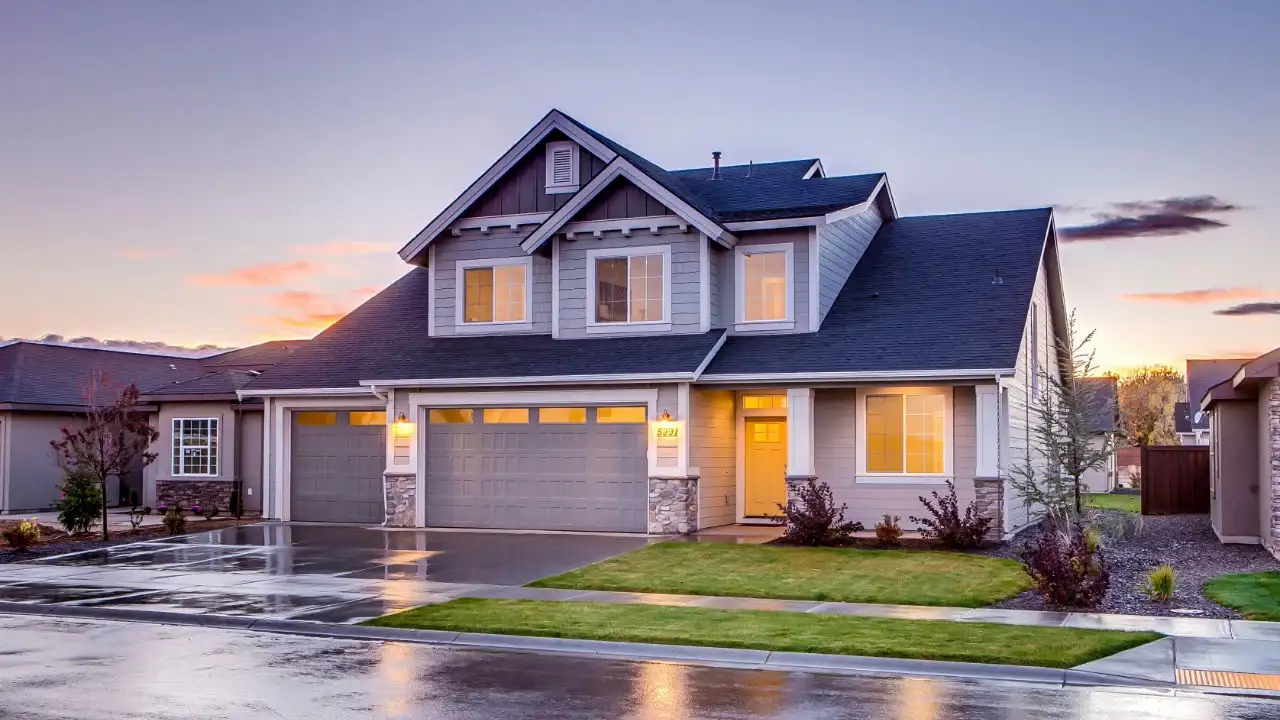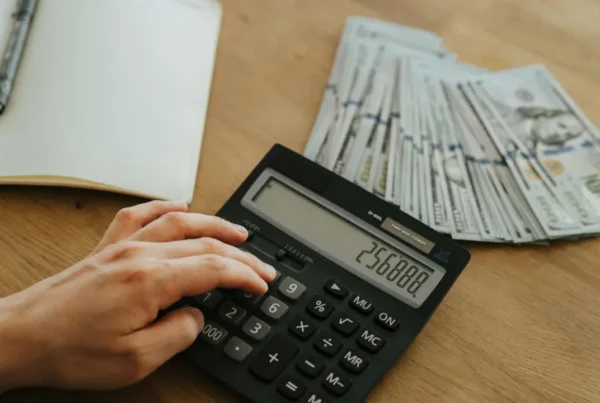
When preparing an E-2 investor visa application, it is essential to understand which expenses qualify as part of your “substantial investment.” A common and critical mistake that applicants make is including personal housing costs, such as rent or a mortgage, in their investment total. This approach can significantly weaken your application and should be avoided.
Why Housing Costs Do Not Qualify
The U.S. government has a clear stance: personal living expenses are not business investments. The E-2 visa is designed to facilitate the growth of a commercial enterprise in the United States. As such, only funds that are irrevocably committed to the business itself are considered part of the investment. Housing is viewed as a personal necessity, entirely separate from the operations of your company. Your investment must be “at risk” in a commercial sense, meaning it is subject to partial or total loss if the business fails. Personal housing costs are not subject to this same type of commercial risk.
The Risk of Including Personal Expenses
Attempting to count housing costs as part of your investment can be detrimental to your case. It may signal to the consular officer that you are trying to inflate your investment amount or that you do not have a clear understanding of the visa’s requirements. This can damage your credibility and lead the officer to question the legitimacy and long-term viability of your business. It might even suggest that you lack sufficient separate funds to support yourself and your family, which is another aspect of the evaluation.
For example, if you claim a $120,000 investment, but a review of your bank statements shows that $30,000 was used for a one-year lease on a personal residence, an officer will immediately discount your investment to $90,000. This not only reduces your “substantial investment” amount but also casts doubt on the rest of your application.
Focus on Legitimate Business Expenditures
To build a strong and credible E-2 visa application, your investment should be composed entirely of valid business expenses that directly support your commercial enterprise. A strong application clearly delineates funds used for the business from personal living expenses. Qualifying expenditures include:
- Commercial Leases: Renting an office, storefront, or warehouse is a clear indicator of a real and operating business. This includes security deposits and the first few months of rent.
- Business Equipment and Inventory: The purchase of computers, specialized machinery, company vehicles, point-of-sale systems, and initial stock are all legitimate investment costs.
- Marketing and Advertising: Funds spent on website development, branding, digital advertising campaigns, and promotional materials demonstrate your effort to develop the business.
- Professional Services and Fees: Fees for business lawyers, accountants, and consultants related to setting up and structuring the business are valid. This also includes costs for business licenses and incorporation fees.
- Operational and Startup Costs: This can include deposits for business utilities, premiums for commercial insurance policies, and initial payroll for any employees hired before the application.
By focusing on these types of legitimate business expenses, you demonstrate a genuine commitment to developing a successful enterprise in the United States. A well-documented investment that aligns with your business plan is the foundation of a successful E-2 visa application.
If you need guidance on structuring your investment for an E-2 visa, schedule a consultation with us to ensure your application is as strong as possible.


